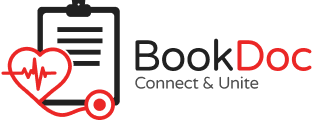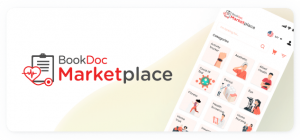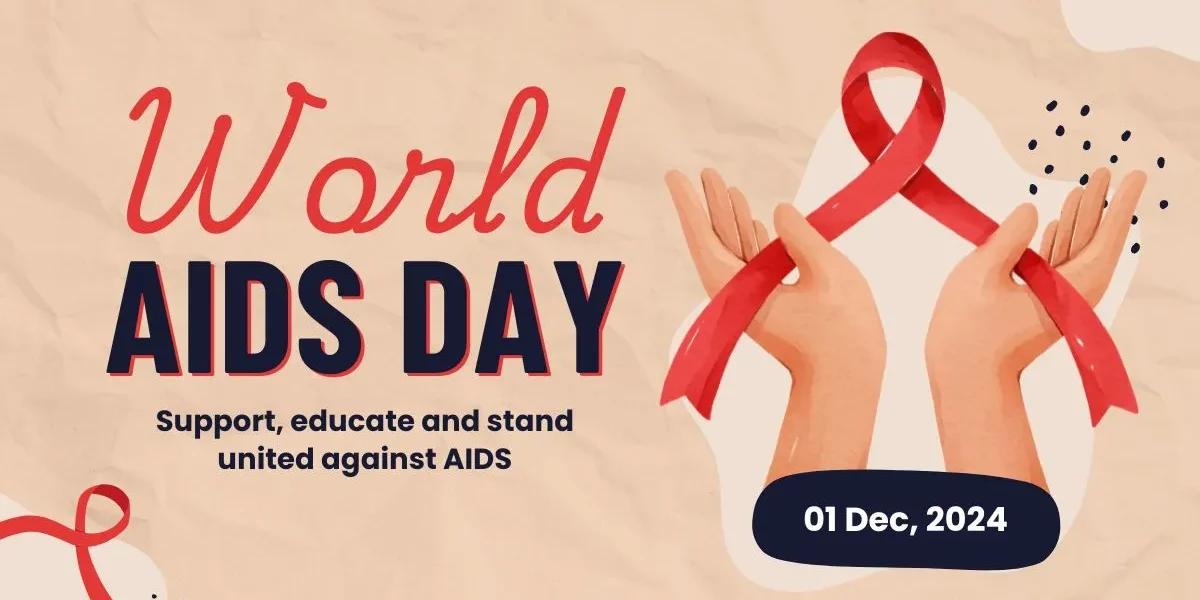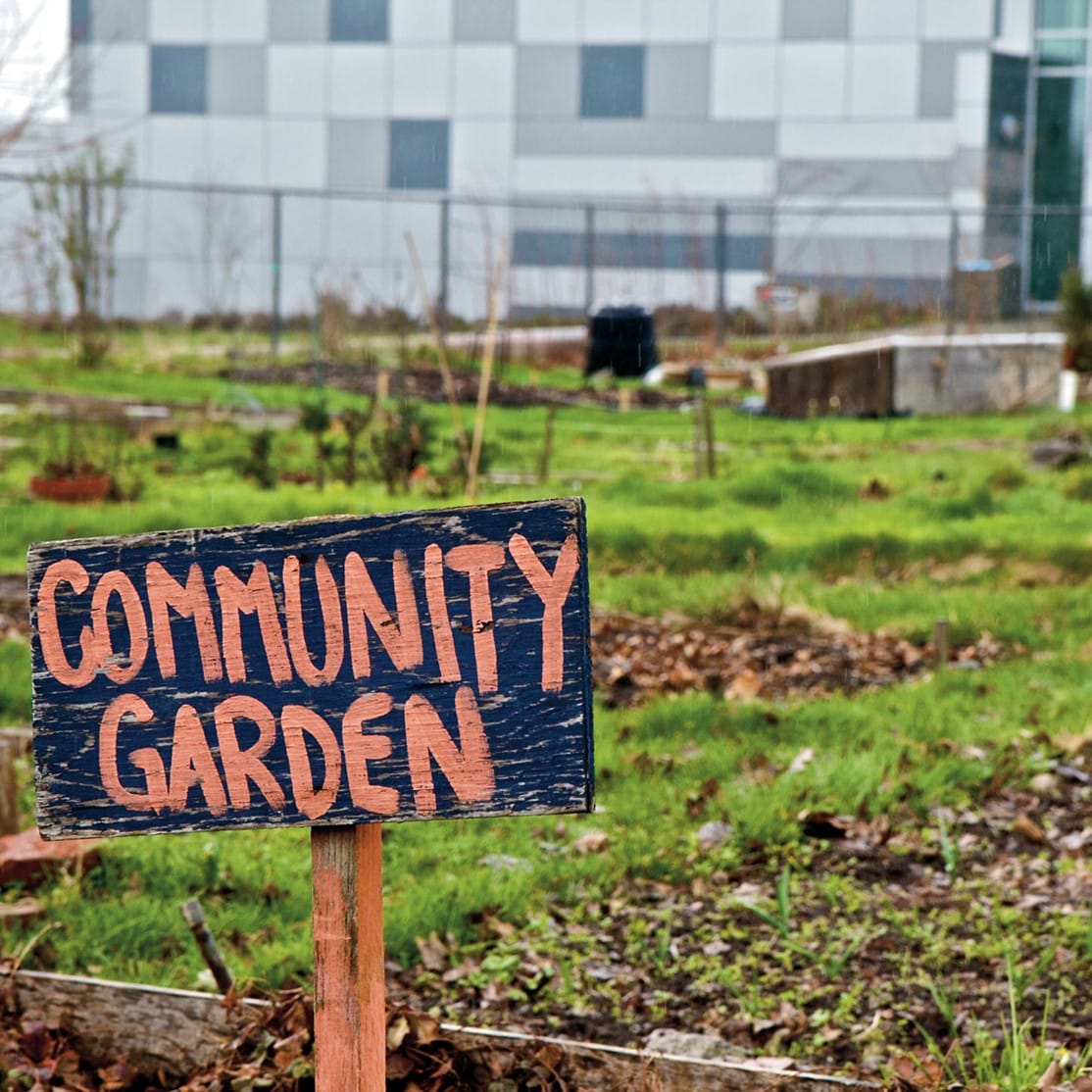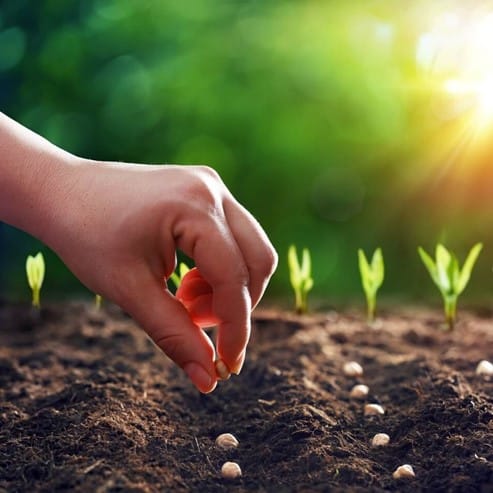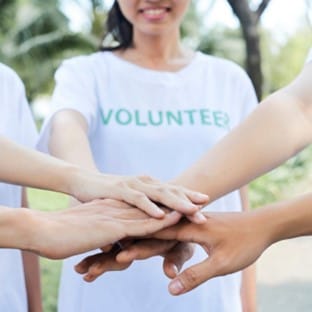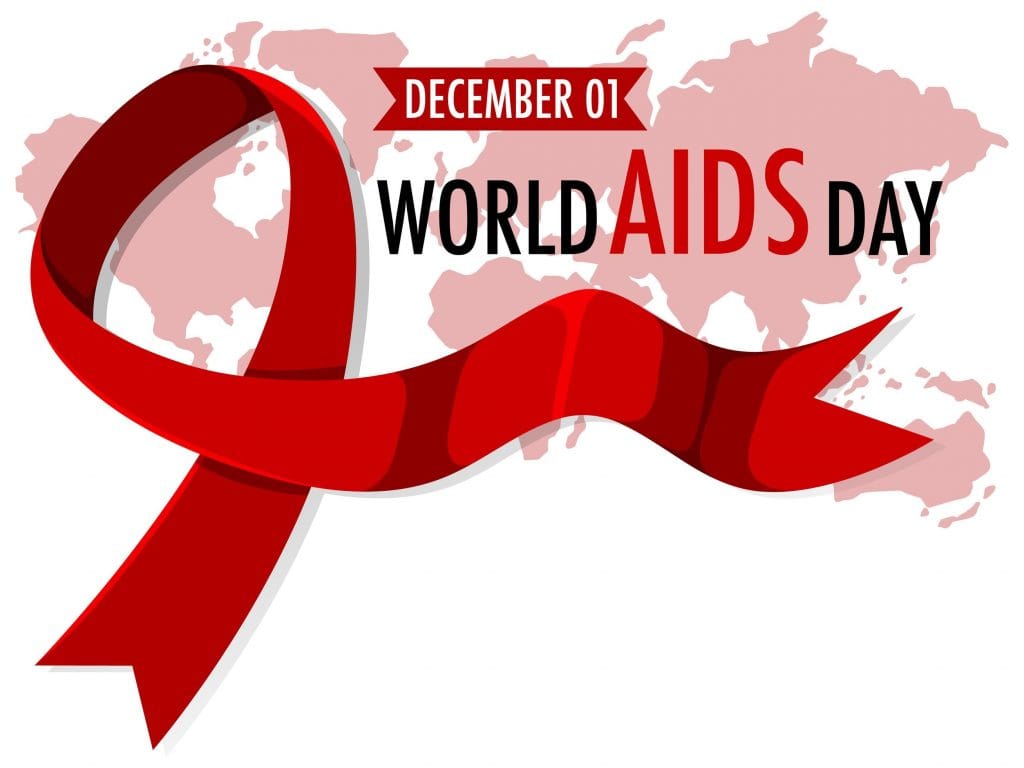
Every year on December 1, the world comes together to mark World AIDS Day, shining a spotlight on the ongoing battle against Human Immunodeficiency Virus (HIV). HIV is more than just a disease—it’s a life-altering condition that attacks the immune system, leaving the body vulnerable to a cascade of infections and complications. With 37.7 million people globally living with HIV as of 2022 and an estimated 630,000 HIV-related deaths in the same year. In Malaysia, the situation hits closer to home, with 131,815 cases and 62,226 deaths reported in 2022 alone. These aren’t just numbers; behind every number is a person—a story of resilience, struggle, and hope.
Beyond the disease, there’s another struggle that often goes unnoticed—malnutrition. For people living with HIV, especially in regions like sub-Saharan Africa, where over 25% experience undernutrition, the intersection of disease and diet poses a life-threatening challenge.
The Hidden Enemy: Malnutrition and HIV
Living with HIV takes a toll on the body. The immune system is under constant attack, which increases the body’s need for energy and nutrients. But here’s the catch: people with HIV often experience decreased appetite, nutrient malabsorption, and weight loss. On top of that, infections tied to the illness can sap strength and make it even harder to eat or get proper nutrition.
For many individuals living with HIV, factors such as limited financial means, difficulty obtaining food, and lack of essential resources make it challenging to meet their nutritional needs. This creates a cycle where malnutrition worsens the effects of HIV, and HIV, in turn, accelerates malnutrition, making it harder to break free from the cycle.
Rethinking Solutions: From Donations to Sustainable Action
Government aid and donations serve as vital lifelines, providing immediate relief and preventing hunger in the short term. However, the conversation needs to shift from temporary fixes to community-driven efforts that foster self-sufficiency. These initiatives not only address immediate needs but also empower individuals and communities to create long-term solutions.
Supporting Mental and Emotional Well-Being
Living with HIV often brings profound psychological stress, such as discrimination, stigma, and isolation. These psychological stresses are usually rooted in negative public attitudes and can weigh heavily on those affected. These challenges can lead to malnutrition, as individuals may avoid seeking medical care, face limited access to resources, or experience reduced appetite due to emotional distress. Addressing malnutrition cannot be effective without also supporting emotional and mental well-being. Communities can contribute by:
- Raising Public Awareness to Break the Stigma: Educating the public to foster understanding and acceptance, reducing discrimination against those living with HIV.
- Creating Safe Spaces: Support groups where individuals can share their experiences without judgment can help reduce the emotional burden.
- Mental Health Initiatives: Offering counselling or peer support programs to help individuals cope with the challenges of living with HIV.
What Can We Do as a Community?
World AIDS Day is not just about reflection; it’s about action. As individuals and communities, there are many ways to make a difference:
- Volunteer Your Time: Join local organizations that work with people living with HIV to deliver meals, provide transportation to medical appointments, or even offer companionship.
- Support Sustainable Project: Contribute to or fund programs that promote food security, like seed donation drives or farming workshops.
- Donate Wisely: Focus on supporting NGOs and initiatives that prioritize long-term solutions, such as nutrition programs or vocational training for people living with HIV.
Closing Thoughts
Fighting HIV goes beyond medicine, it’s also about addressing food insecurity, emotional well-being, and community support; it’s about food, hope, and heart. It’s about creating a world where no one has to choose between eating and surviving. By working together, we can address not just the physical toll of HIV, but also the emotional and social challenges that come with it.
This World Aids Day, let’s go beyond awareness. Let’s take action to empower and uplift those living with HIV. Whether it’s through sustainable solutions, community efforts, or simply showing compassion, every step makes a difference. Together, we can help ensure that no one is left behind in the fight against HIV.
Xin Ci, Dietetics Intern
